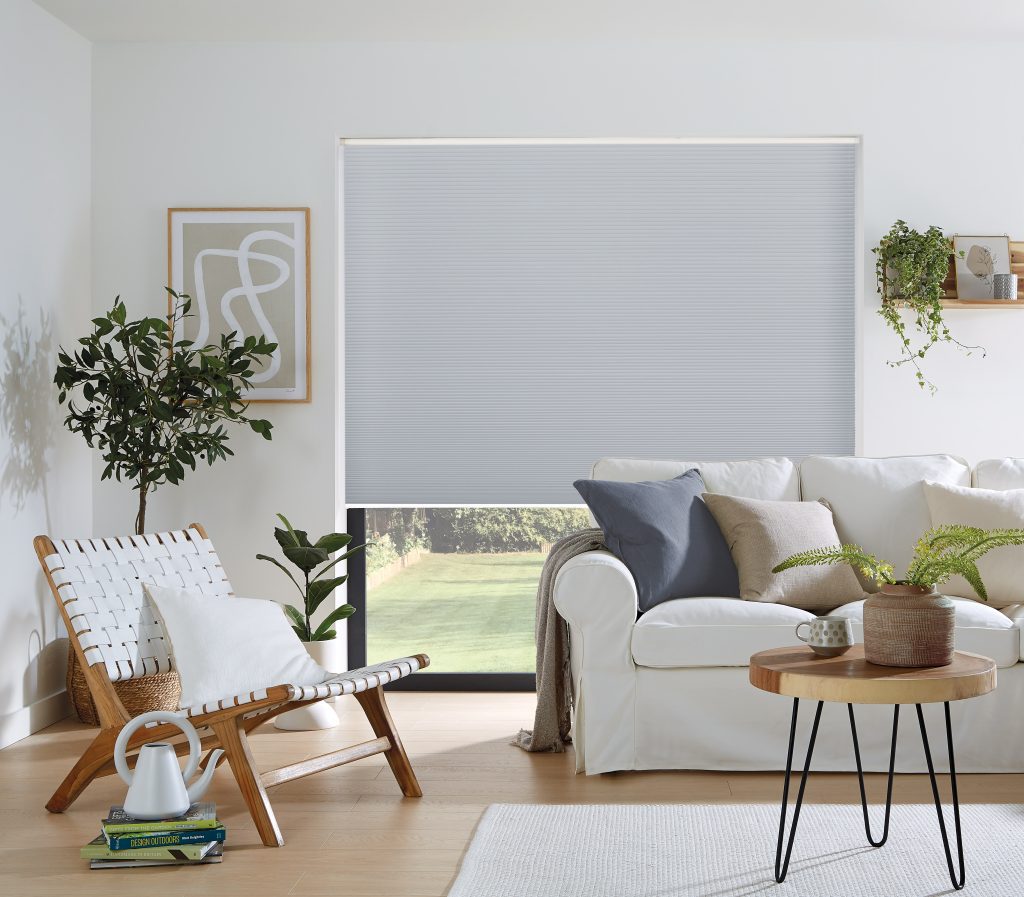
01 Jul Are Blinds Recyclable?
With growing awareness around sustainability, many people ask: are blinds recyclable? It’s a smart question, especially if you’re updating your home and want to be environmentally responsible.
Let’s explore what happens to blinds at the end of their life and how you can dispose of them responsibly.
What Are Blinds Made Of?
Blinds come in various materials:
- Aluminium (common in venetian blinds)
- Faux wood or real wood
- PVC or vinyl (often in roller or vertical blinds)
- Fabric (in roller, roman, or day & night blinds)
Each material has different recycling options.


Can You Recycle Blinds?
- Aluminium blinds are widely recyclable at metal recycling centres. Aluminium is a valuable metal that can be reused many times without losing quality.
- Wooden blinds are less straightforward; untreated wood might be composted or reused, but painted or treated wood usually isn’t accepted in standard recycling.
- PVC/vinyl blinds are generally not recyclable through regular municipal services due to the complexity of the plastics used.
- Fabric blinds vary; some fabrics can be recycled or repurposed, but many end up in landfill if no specific textile recycling is available.
How to Dispose of Blinds Responsibly
- Check with your local recycling centre — Some councils have special programs for metal or bulky waste recycling.
- Consider donating or repurposing — If your blinds are still in good condition, charities or community groups might welcome them.
- Contact professional disposal services — Some companies specialise in recycling or disposing of window coverings responsibly.
What Can You Do When Buying New Blinds?
Look for brands and products that prioritise sustainability:
- Use recyclable materials
- Offer take-back or recycling programs
- Minimise plastic components
Choosing eco-friendly options helps reduce waste and environmental impact.
Why Choosing Recyclable Blinds Matters
By opting for recyclable blinds, you’re helping reduce landfill waste and lowering your home’s environmental footprint. Small choices like this, when multiplied across many households, can make a big difference for our planet. Plus, many sustainable blinds are designed to be durable and long-lasting, meaning fewer replacements and less waste over time. So, next time you’re updating your window dressings, think green—it’s good for your home and good for the earth.
Interested in more tips on making your home greener? We’re happy to share advice anytime!

Sorry, the comment form is closed at this time.